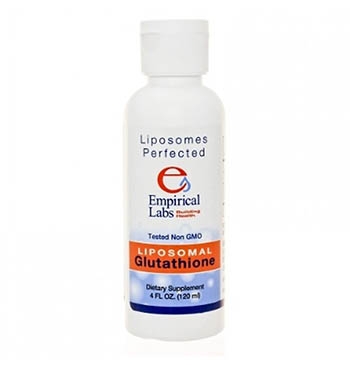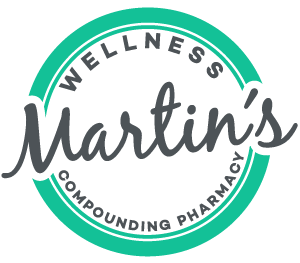Glutathione: The Most Powerful Antioxidant
You may recall my discussion of free radicals in a recent blog. Remember, free radicals cause our tissue to “rust”, irritate, inflame, age, and cause degeneration of body tissues. Antioxidants destroy free radicals by donating one of their electrons but are themselves destroyed in the process; therefore they must constantly be replenished.
What is Glutathione?
Glutathione is called “the master antioxidant”. It is critical for one simple reason: It recycles antioxidants. Free radicals get passed around from vitamin C to vitamin E, to lipoic acid, and then finally to glutathione, which cools off the free radicals and recycles other antioxidants. Glutathione can regenerate itself in the liver after each fill-up of free radicals and goes back to work. When glutathione becomes depleted, it can no longer protect against free radicals, infections, or cancer, and we can’t get rid of toxins.
Glutathione Benefits:
• Raises energy levels
• Strengthens the immune system
• Fights inflammation
• Improves athletic performance
• Detoxifies the body
• Aids in cellular repair
• Protects against cancer
• Slows down the aging process
Methionine is a building block to making glutathione...

It takes B12, B6, and Folic acid in order to convert methionine into glutathione. Those who have the MTHFR genetic snip may have difficulty making glutathione unless they have methylation support by taking the methylated version of folate, B12, and B6.
Top Foods & Supplements to Boost Glutathione
Garlic, spinach, broccoli, and parsley are rich sources of glutathione. But, oral glutathione supplements are difficult to absorb and utilize, therefore, you get better bioavailability with Liposomal glutathione.
My favorite is Liposomal Glutathione by Empirical Labs. I recommend ¾ of a tsp, in a small amount of juice, daily.

LIPOSOMAL GLUTATHIONE by Empirical Labs
$59.95
